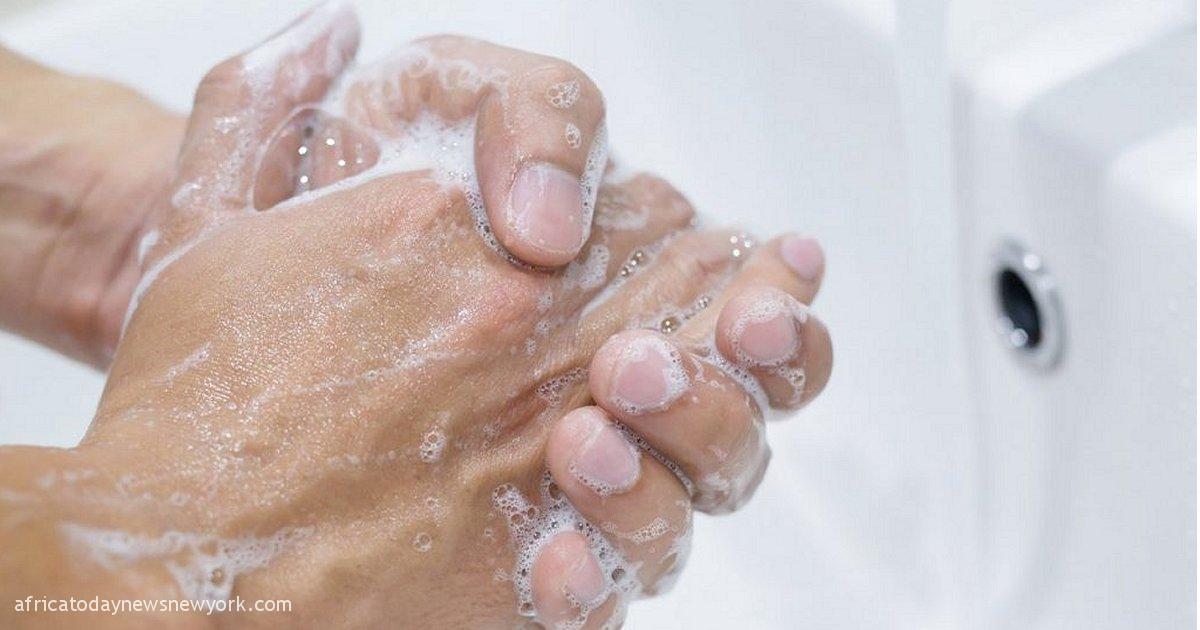The Management of the University of Abuja Teaching Hospital (UATH), says effective hand hygiene is essential for infection prevention and control (IPC), and safety of patients and healthcare workers.
Prof. Bissallah Ekele, Chief Medical Director of the Hospital, represented by Dr Bob Ukonu, Head, Department of Internal Medicine, said this on Thursday in Gwagwalada, Abuja, at the commemoration of 2022 World Hand Hygiene Day.
The event was in collaboration with Nigeria Centre for Disease Control (NCDC).
Read Also: Psychiatrist Urges Nigerians To Cultivate Mental Health
He reiterated that hand washing helps to reduce the spread of diseases in the country.
“When we look back at the beginning of the pandemic in 2020, we instinctively thought of all the precautionary measures we will take not to fall prey to COVID-19.
“It was at this point that people recognised a universal truth: the need to adopt personal and hand hygiene practices.
“A lot of our habits on hand hygiene had to change at the onset of the pandemic. These changes were long-overdue as they finally taught us that hand hygiene is not just a basic habit but a habit that is key to staying healthy,” he said.
Ekele advised that in the wake of rising infections across the globe, it is important that Nigerians and all those across the world do not lose focus on washing and sanitising their hands.
“Good hand hygiene, especially washing our hands, is fundamental in keeping ourselves protected against all kinds of germs,” he said.
Mr Stephen Kumode, Critical Care Nurse & Public Health Expert, UATH, said to prioritise clean hands in health facilities, people at all levels need to believe in the importance of hand hygiene and IPC to save lives, by acting as key players in achieving the appropriate behaviours and attitudes towards it.
“In other words, health workers at all levels and people accessing health care facilities need to unite on ensuring clean hands,” he said.
Kumode demonstrated that the recommended duration for washing hands is 40 to 60 seconds.
He said that washing hands has always been important to prevent the spread of microbes, otherwise known as germs.
“Wet your hands and apply soap, rub your palms together, rub the back of each hand with interlaced fingers, rub your hands together with interlaced fingers, rub the back of your fingers, rub your thumbs and rub the tips of your fingers,” he said.
He demonstrated that water alone is not enough to wash the hands effectively, adding that soap breaks down the grime and removes the germs from the hands.
He said that health and social care settings should always follow the five moments of hand hygiene and handwashing is one of the most effective ways to reduce the spread of diseases and prevent infections.
Recalls that with support from the World Health Organisation (WHO), May 5 every year is observed as World Hand Hygiene Day.
The “Save Lives: Clean Your Hands” global campaign, launched in 2009 and celebrated annually on 5 May (World Hand Hygiene Day) aims to maintain global promotion, visibility, and sustainability of hand hygiene in health care and to ‘bring people together – in support of hand hygiene improvement around the world.
This year’s theme for World Hand Hygiene Day focused on recognising that the world can add to a facility’s climate or culture of safety and quality through cleaning their hands.
Also a strong quality and safety culture will encourage people to clean their hands at the right times and with the right products.
The WHO recommends the implementation action of an effective multimodal hand hygiene improvement strategy that includes five elements: system change, training and education, monitoring and feedback, reminders in the workplace and communications, and safety climate and culture change.

